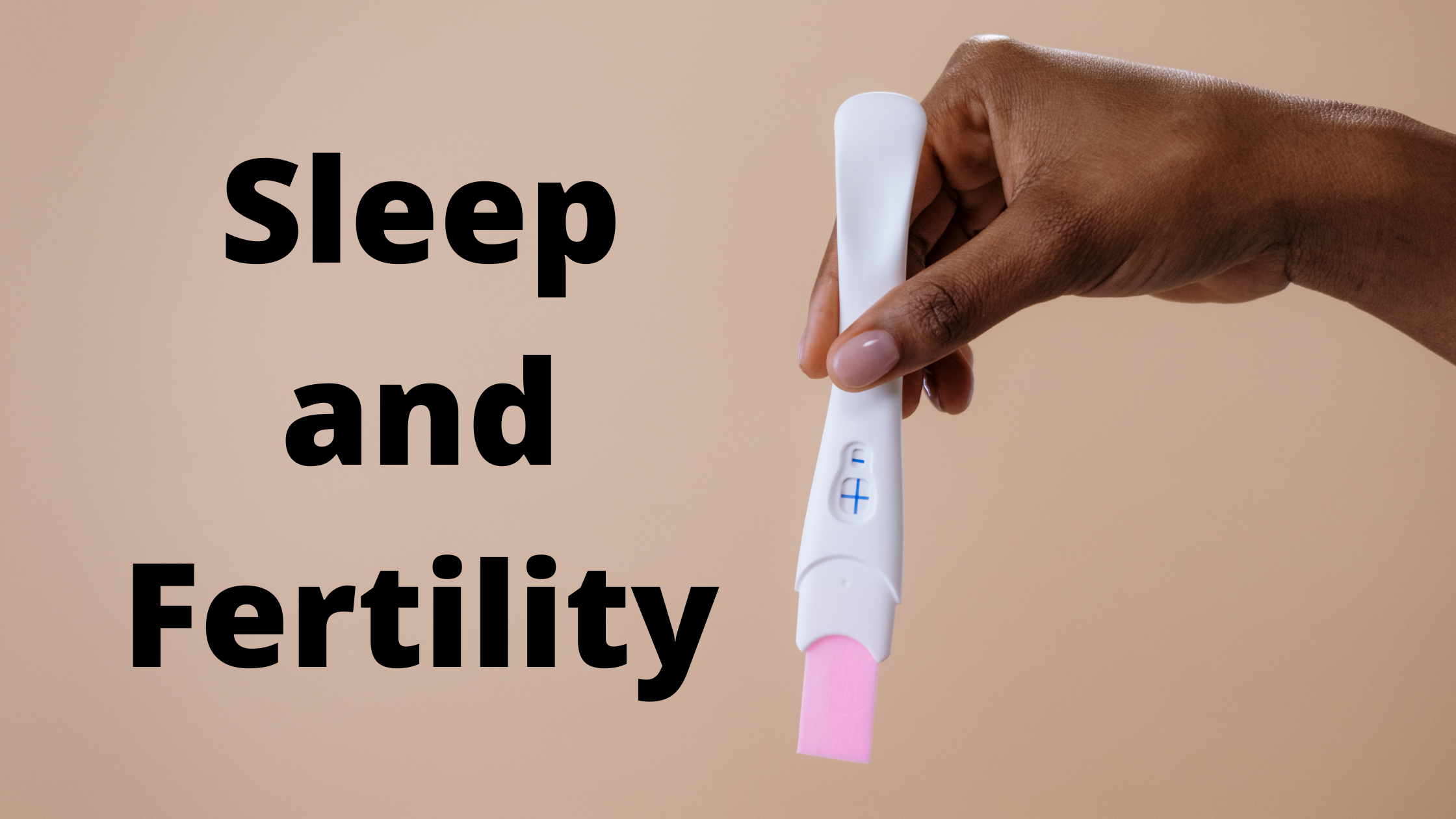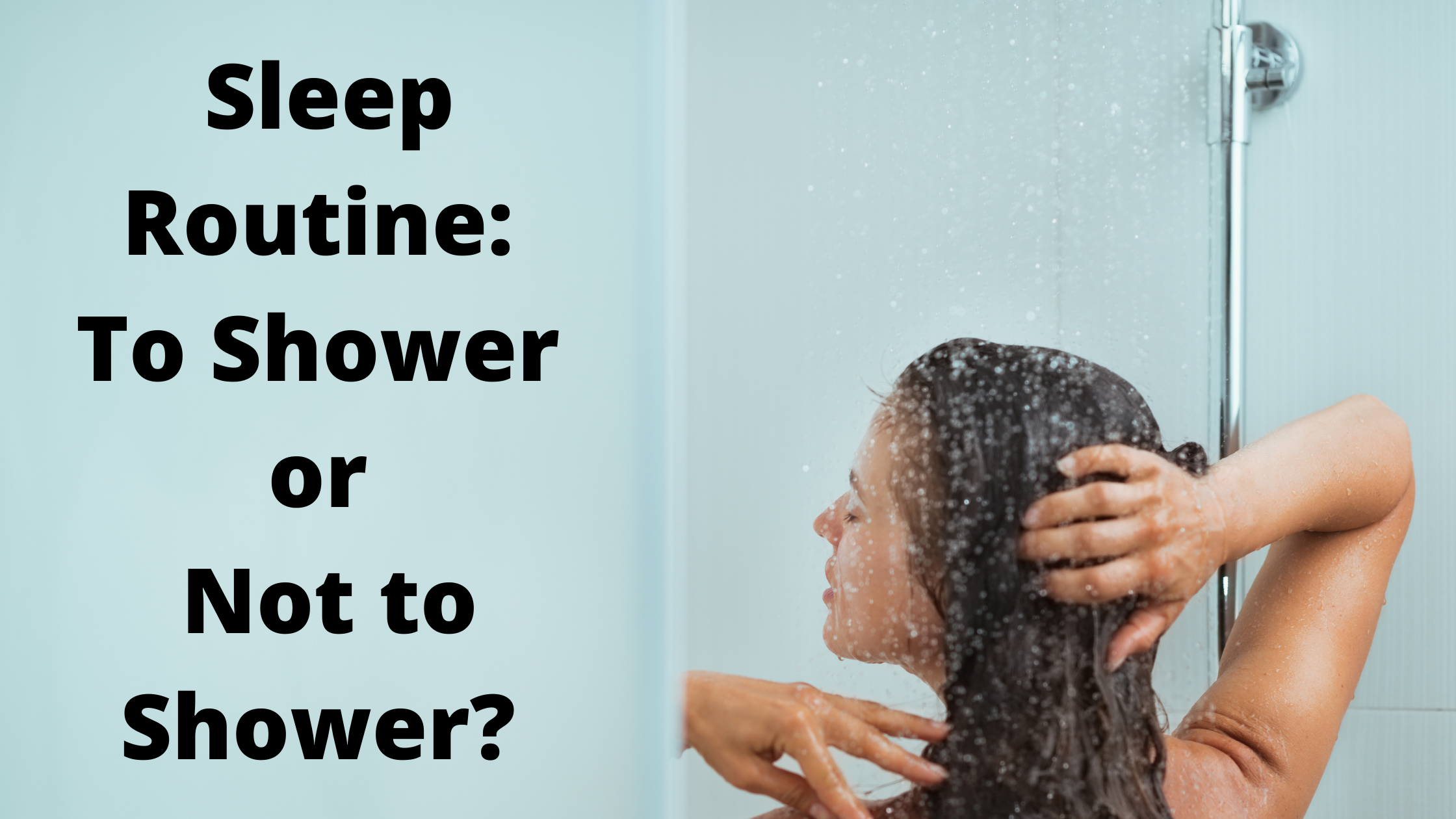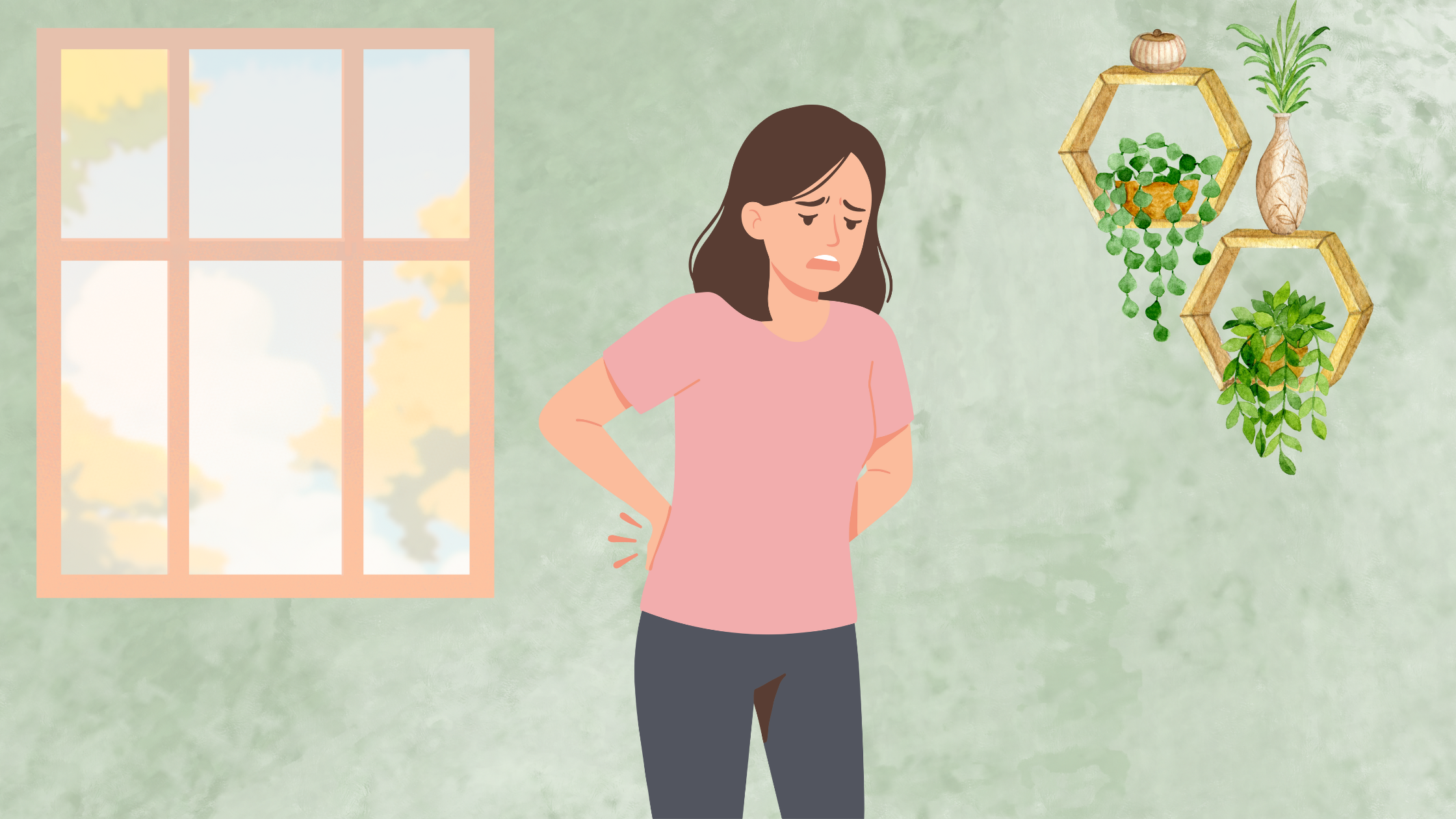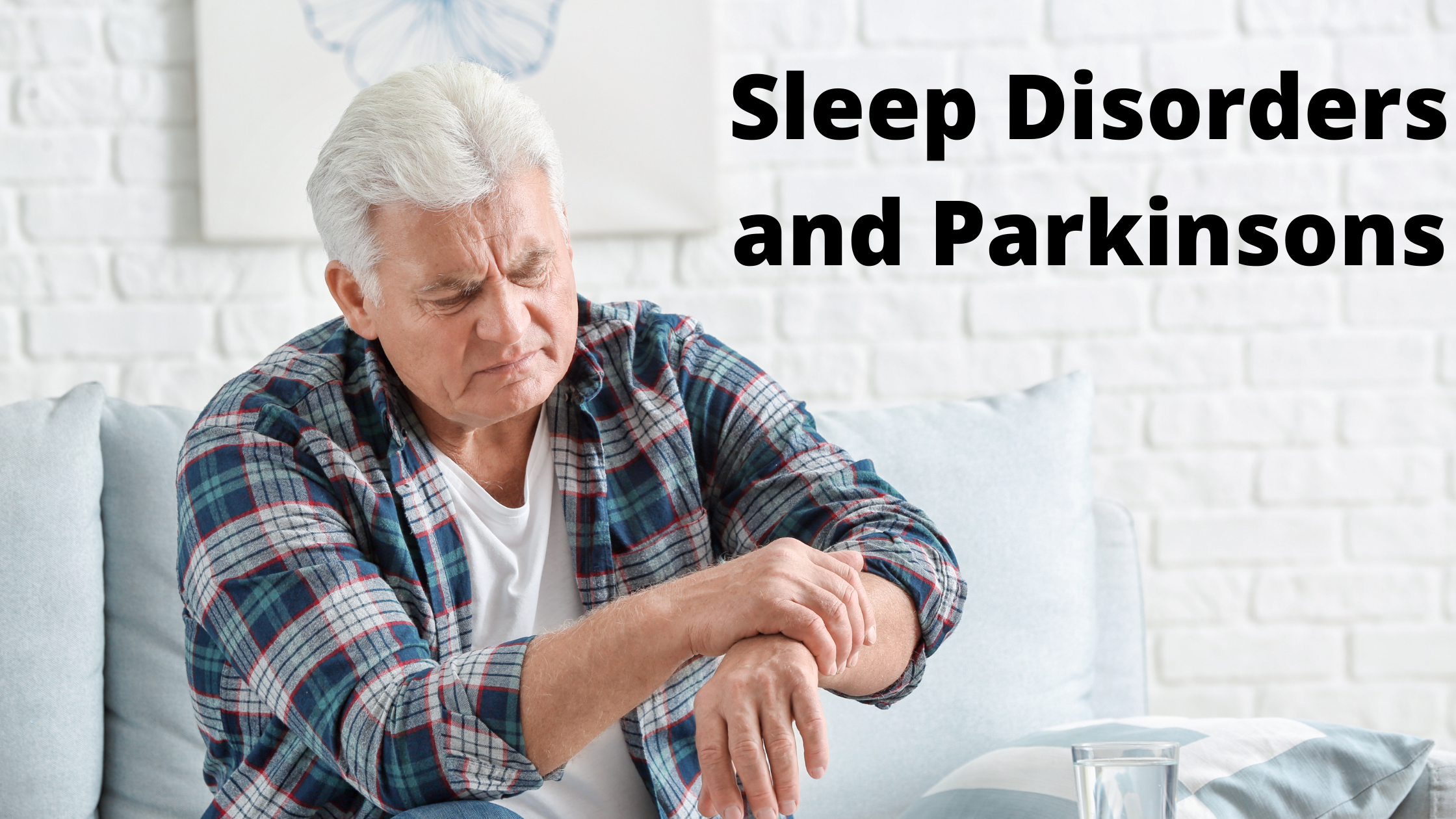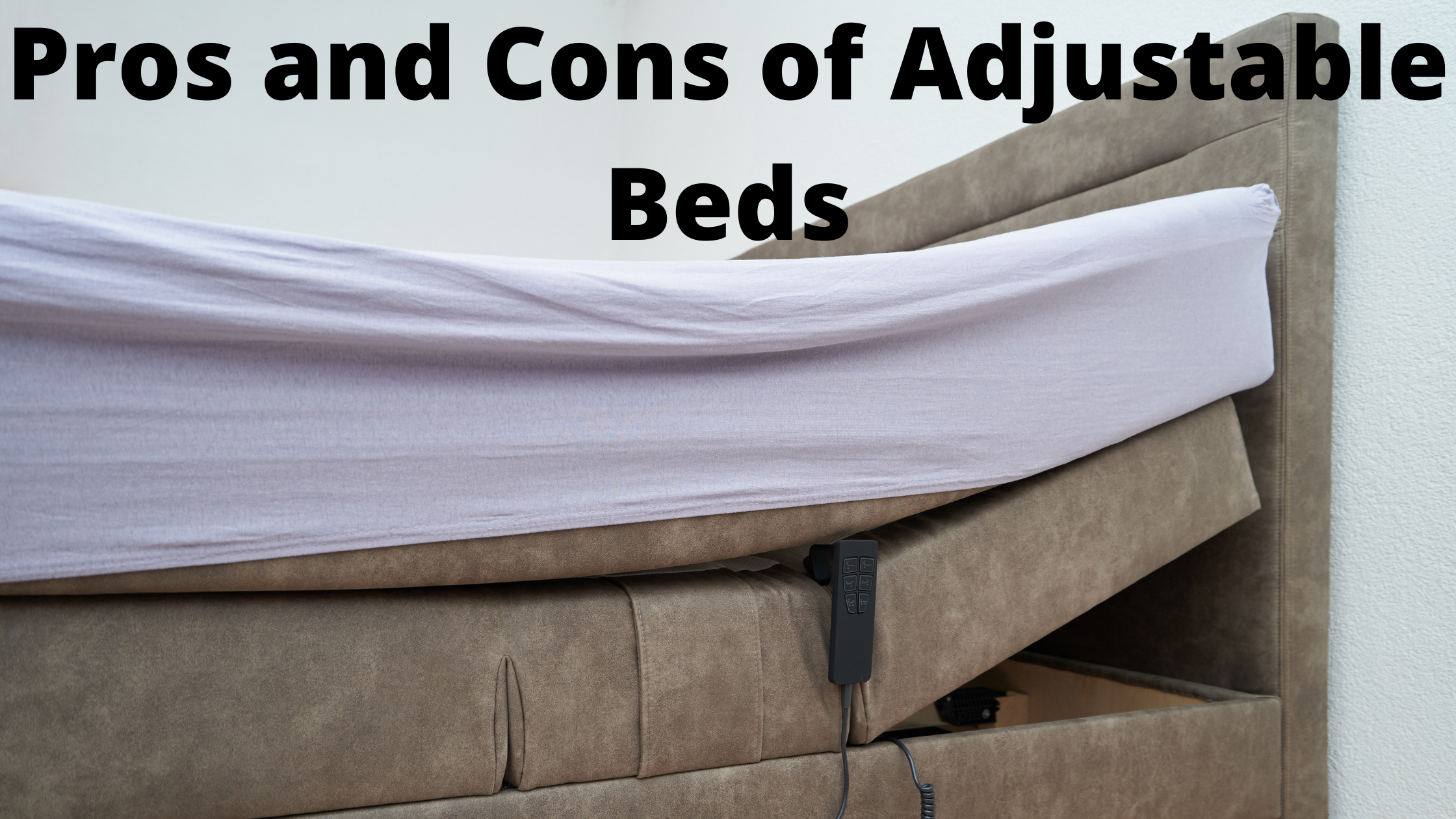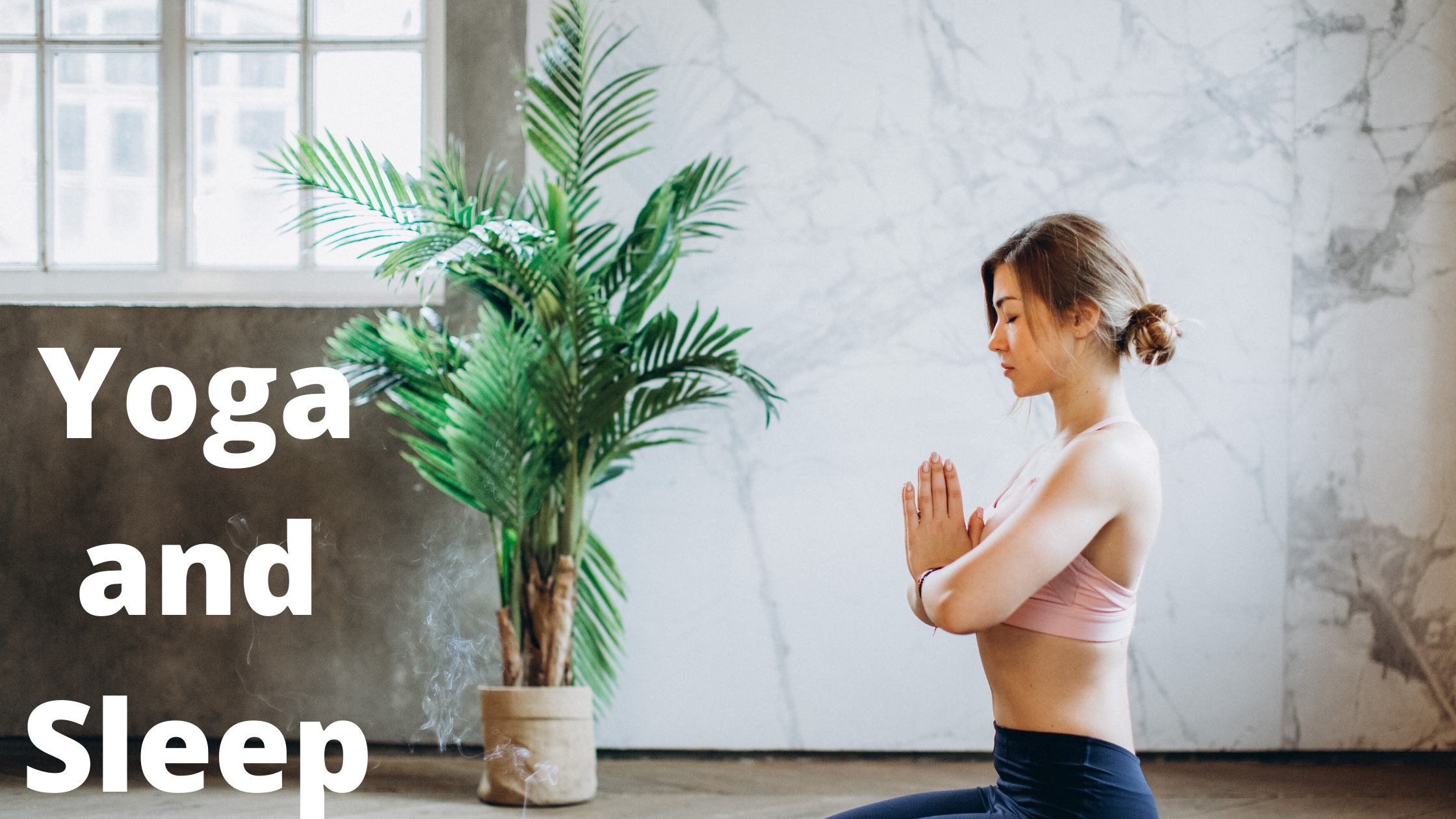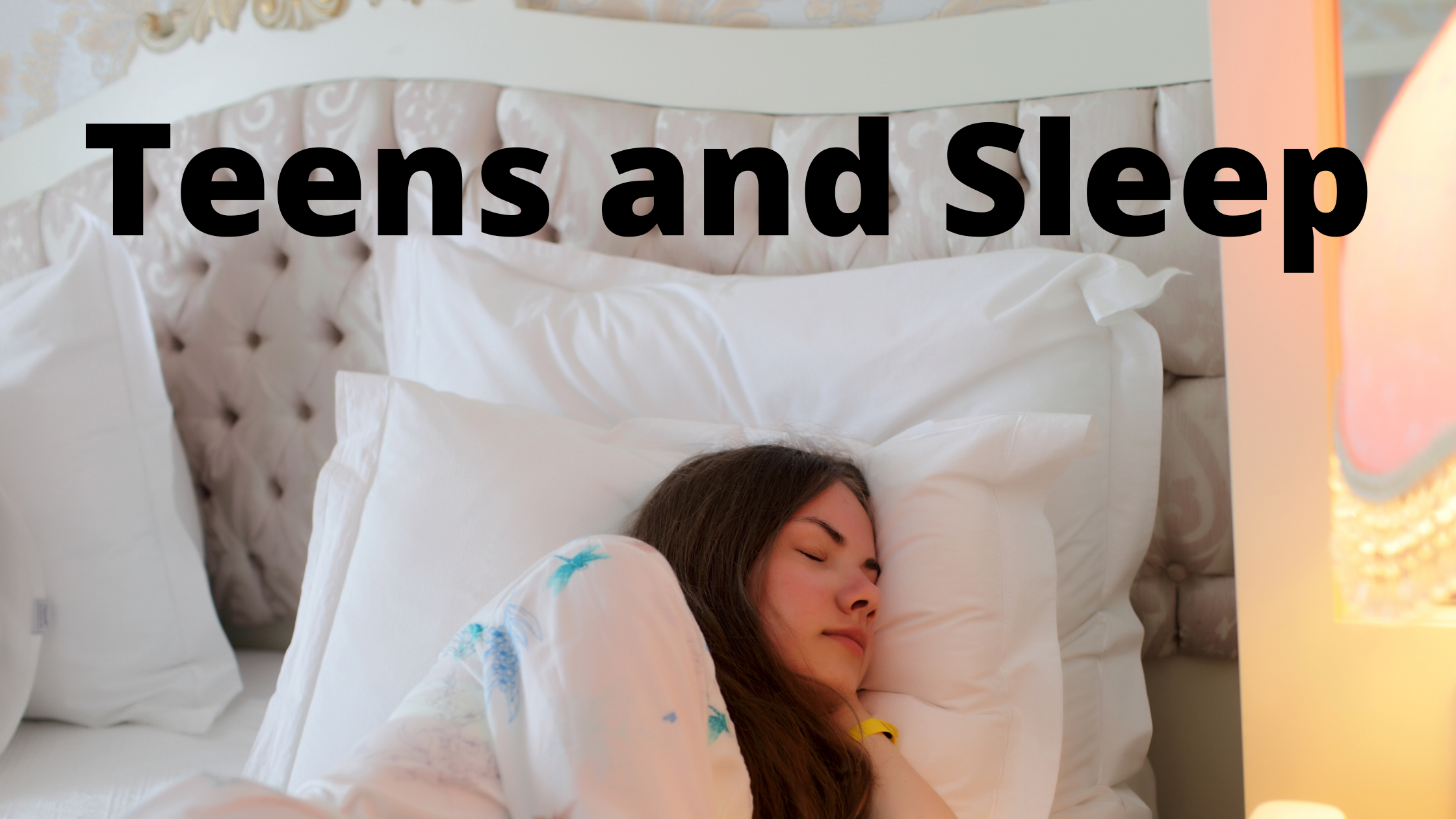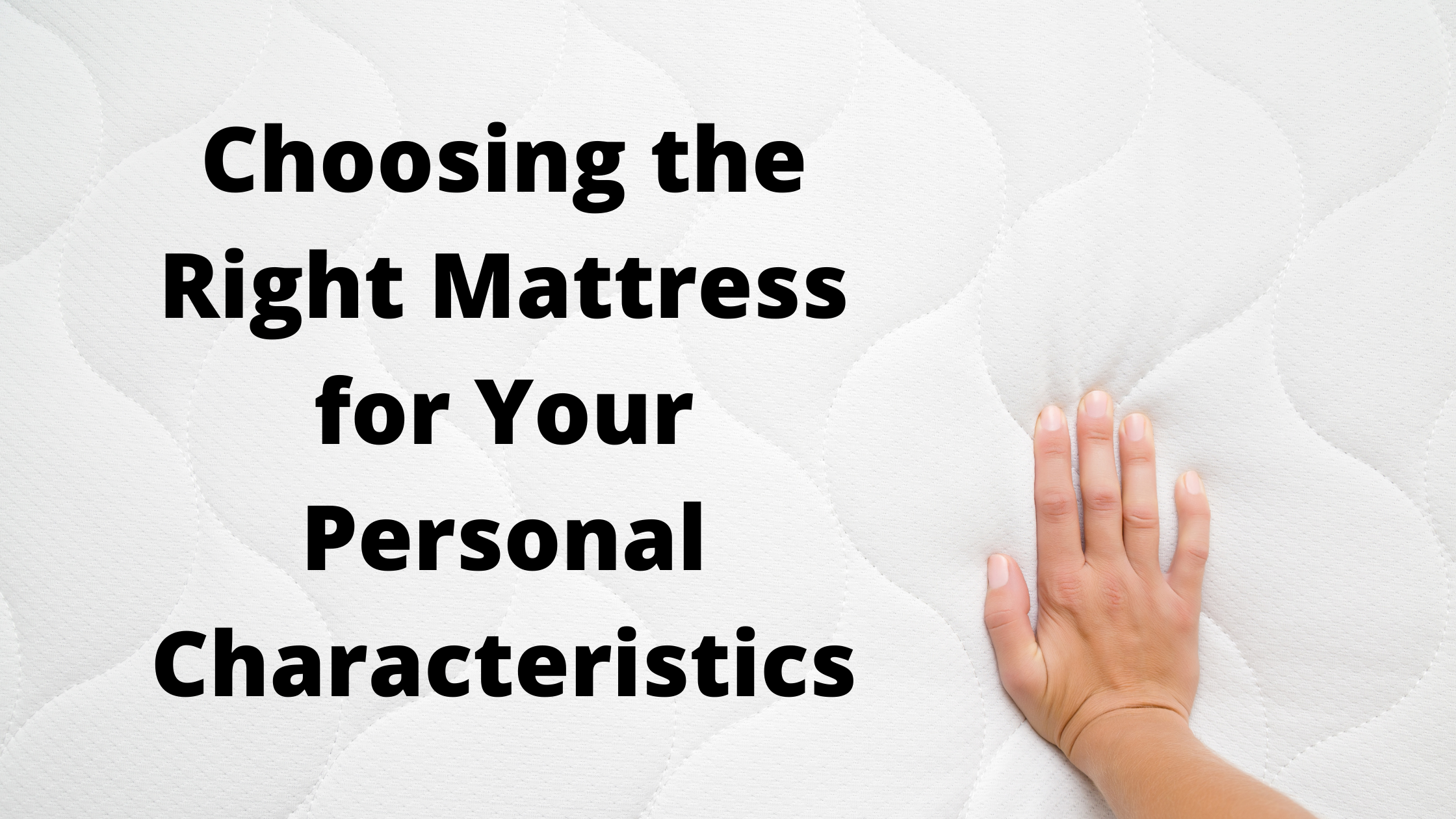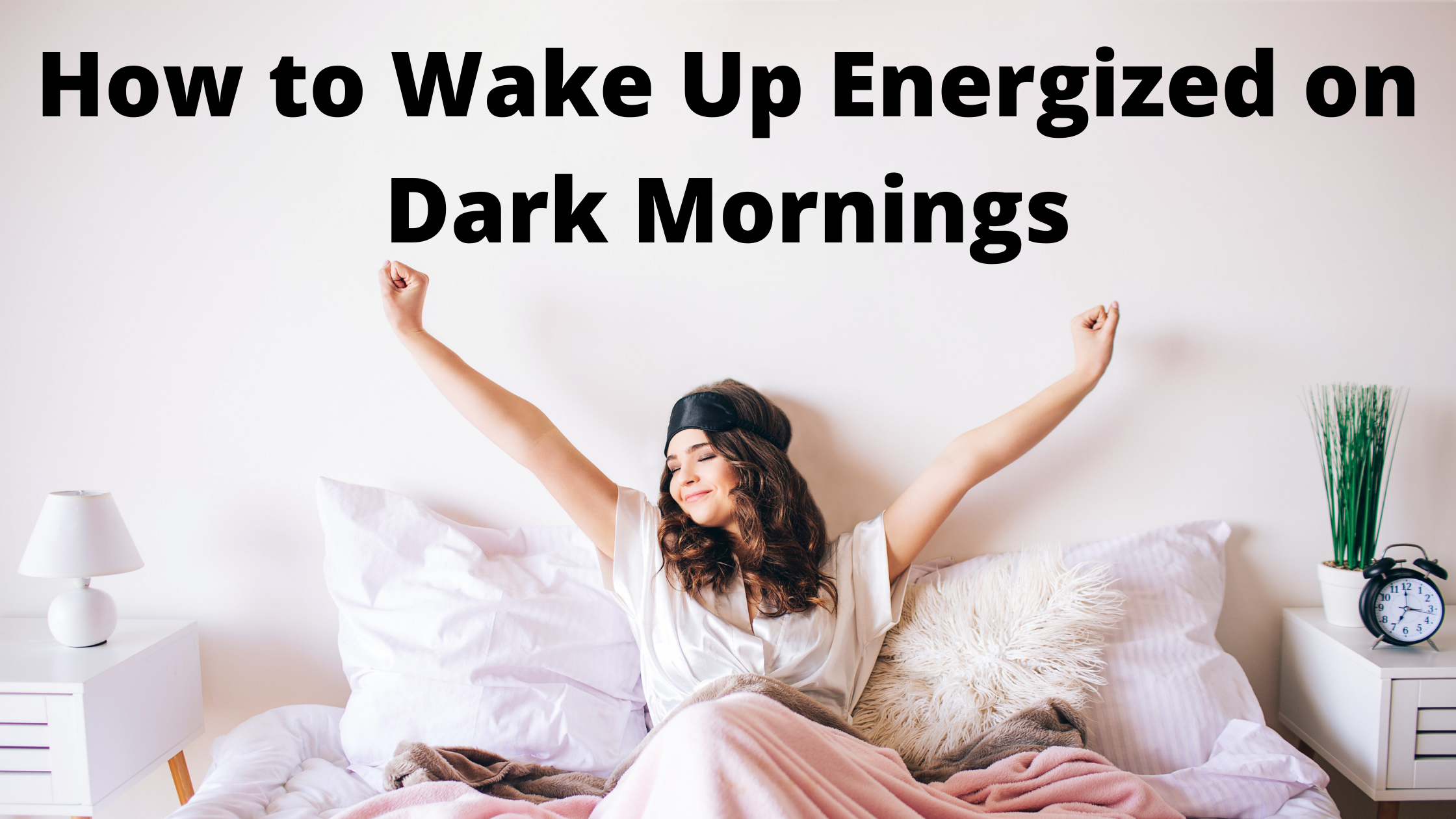Sleep is important for a variety of reasons, but one important reason to get good sleep is to improve your fertility. If you and your partner are trying to conceive, getting good sleep will absolutely help your chances of successfully getting pregnant. Continue reading to find out how sleep can impact your fertility and ways to improve your rest.
Darian Dozier
Recent Posts
Diet and sleep are interlinked in a variety of ways. Although more about this relationship still needs to be discovered, it's clear that there are a few elements of our diet that can impact our ability to get good quality sleep. Vitamins are an example of a nutrient that we must get enough of throughout the day to avoid health issues related to their deficiencies. Below is a list of 5 vitamin deficiencies that can affect your sleep. If you think you're deficient in any of these, you must talk to your doctor before running out and finding supplements, as toxicity and overdosing on vitamins is possible.
We write a lot about sleep hygiene, or creating a sleep routine and engaging in healthy sleep habits for optimal sleep. This means creating a list of activities that you do every night to get your mind and body ready for bed. This can include wind down activities like reading, drinking a cup of tea, yoga, etc. But what about showering? Many people love to have that warm shower or bath right before going to bed. Is it a good activity to include in your sleep hygiene? Continue reading to find out.
Fibromyalgia is a somatic pain disorder that can be very hard to treat and very disruptive to one's life. Sleep quality can be a great way to improve symptoms, but it's very difficult to get good sleep with fibromyalgia. If you are someone with fibromyalgia and you struggle with getting good sleep, then below we are going to talk about some remedies you can use to improve your sleep.
Sleep is essential to our health and wellbeing; however, for individuals with Parkinson's Disease, it is even more important as the body needs more time to restore and repair itself. However, Parkinson's disease makes it very challenging to get a good night's rest and can disrupt this process of healing. Continue reading to find out more about Parkinson's and how sleep can be impacted.
Adjustable beds can be fantastic and offer a lot of great features, especially for those who share a bed with a partner. Knowing the right type of adjustable base bed frames offers you more freedom when it comes to choosing your sleeping position. They are definitely on the rise, and if these beds are attractive to you, then there are some pros and cons to think about before investing.
Yoga is a great exercise for stretching, meditating, and strengthening the body. It is encouraged as a great activity to do before bed as it encourages reflection on the day and relaxes you for a good night of sleep. Here is some more information on what yoga is and why it's so restorative before sleep.
Teens are going through a very weird time in life where they are trying to figure out who they are, who they want to be, and some of that process may involve some defiant behaviors and attitudes. One of the things they may rebel against, or have trouble attaining, is sleep. Teens need sleep just like kids of any other age, but there are several barriers that may be disrupting that. Continue reading to find out more about teens and sleep.
Choosing the Right Mattress for Your Personal Characteristics
Comfort is a huge part of getting good quality sleep. If you are uncomfortable, then chances are you spend more time tossing and turning than actually getting quality sleep. Adults are recommended to get 7-9 hours of sleep in order to properly function. Part of ensuring that you're getting that time is making sure when you're in bed, you're getting great sleep. Part of that is finding either the right mattress or right mattress topper. Continue reading to find out how to choose the best bed for you!
How to Wake Up Energized - Even if it's Still Dark Outside
Alaskan winters bring extended periods of darkness, which can make falling asleep at night easier but often makes waking up much harder. For those who work regular 8-to-5 jobs, attend school, or need to start the day feeling alert, these shadowy mornings can be particularly challenging. Fortunately, there are several strategies you can use to help yourself wake up feeling refreshed, even when it's cold and dark outside.

